Enemy of God | Week 2 | Pastor Dan Ohlerking
Overcoming Fear and Worry: Trusting God as Your Anchor
A world filled with uncertainties, fear, and worry can often feel overwhelming. This blog explores how trusting God can be the antidote to these twin enemies, drawing from personal experiences and biblical wisdom.
Introduction to Fear and Worry
Fear and worry are powerful emotions that can often feel overwhelming. They can grip us tightly, leading to a cycle of anxiety that drains our energy and joy. Understanding these emotions is the first step towards overcoming them. Fear often arises from the unknown, while worry stems from our desire to control outcomes. Together, they create a cloud of uncertainty that can overshadow our lives.
The Nature of Fear
Fear is a primal instinct, designed to protect us from danger. However, when fear becomes irrational, it can lead to avoidance behaviors and limit our potential. It can manifest in various forms, from fear of failure to fear of rejection, often paralyzing us in critical moments.
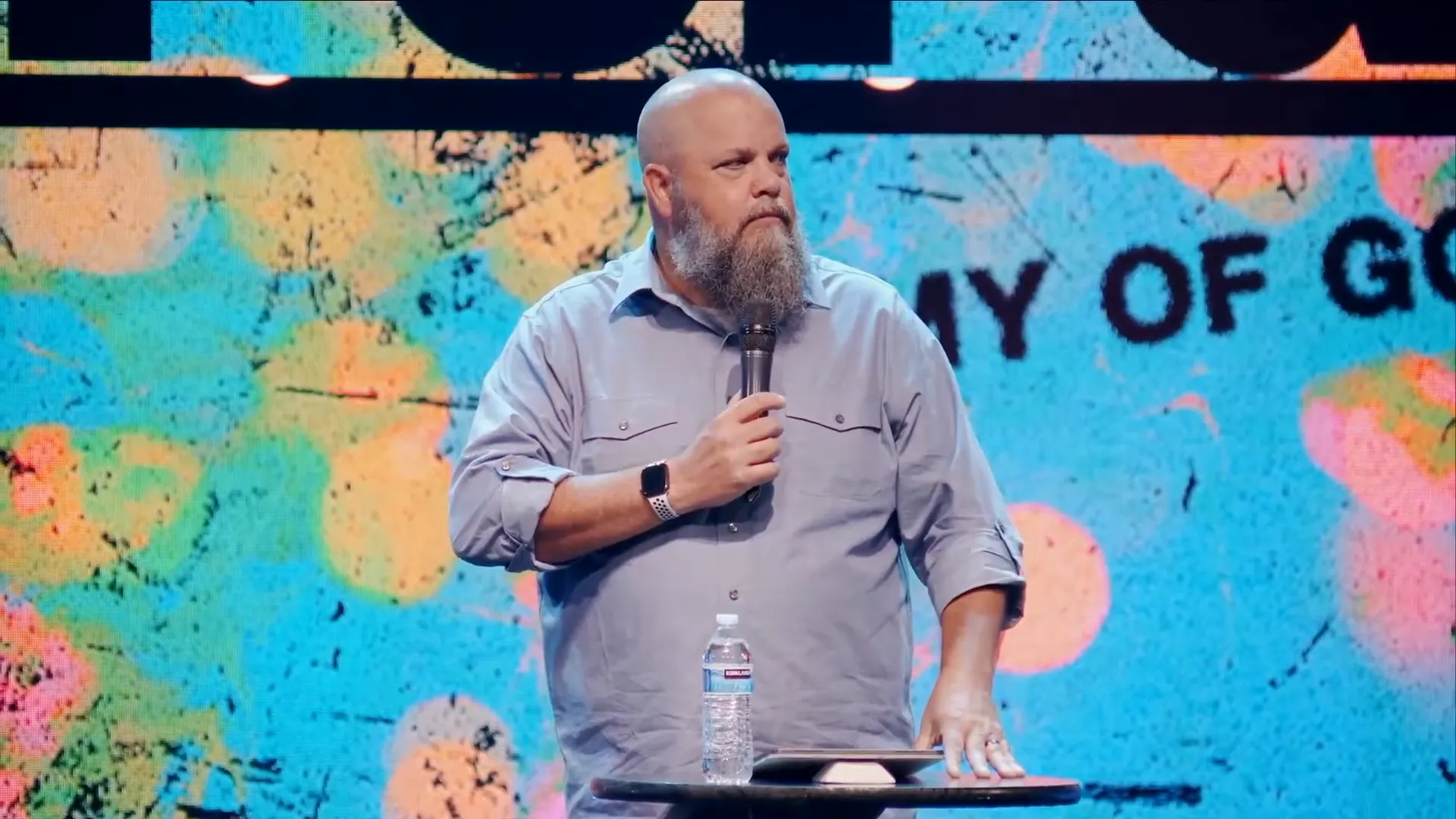
The Nature of Worry
Worry, on the other hand, is the mental process of ruminating on potential problems or negative outcomes. It can lead us to focus on what might go wrong rather than what could go right. This mental habit can consume our thoughts, making it difficult to enjoy the present moment.
Personal Struggles with Worry
Many people, including myself, have struggled with worry throughout their lives. I remember a time in my childhood when worry became a constant companion. It started innocently enough, perhaps with a minor ailment, but quickly spiraled into catastrophic thinking. A simple hangnail would lead me to fear serious infections or worse.
As I grew older, this pattern of worrying persisted. I found myself constantly imagining the worst-case scenarios, which affected my daily life and decisions. It wasn’t until I faced significant challenges, including health issues within my family, that I realized how deeply entrenched my worrying habits were.
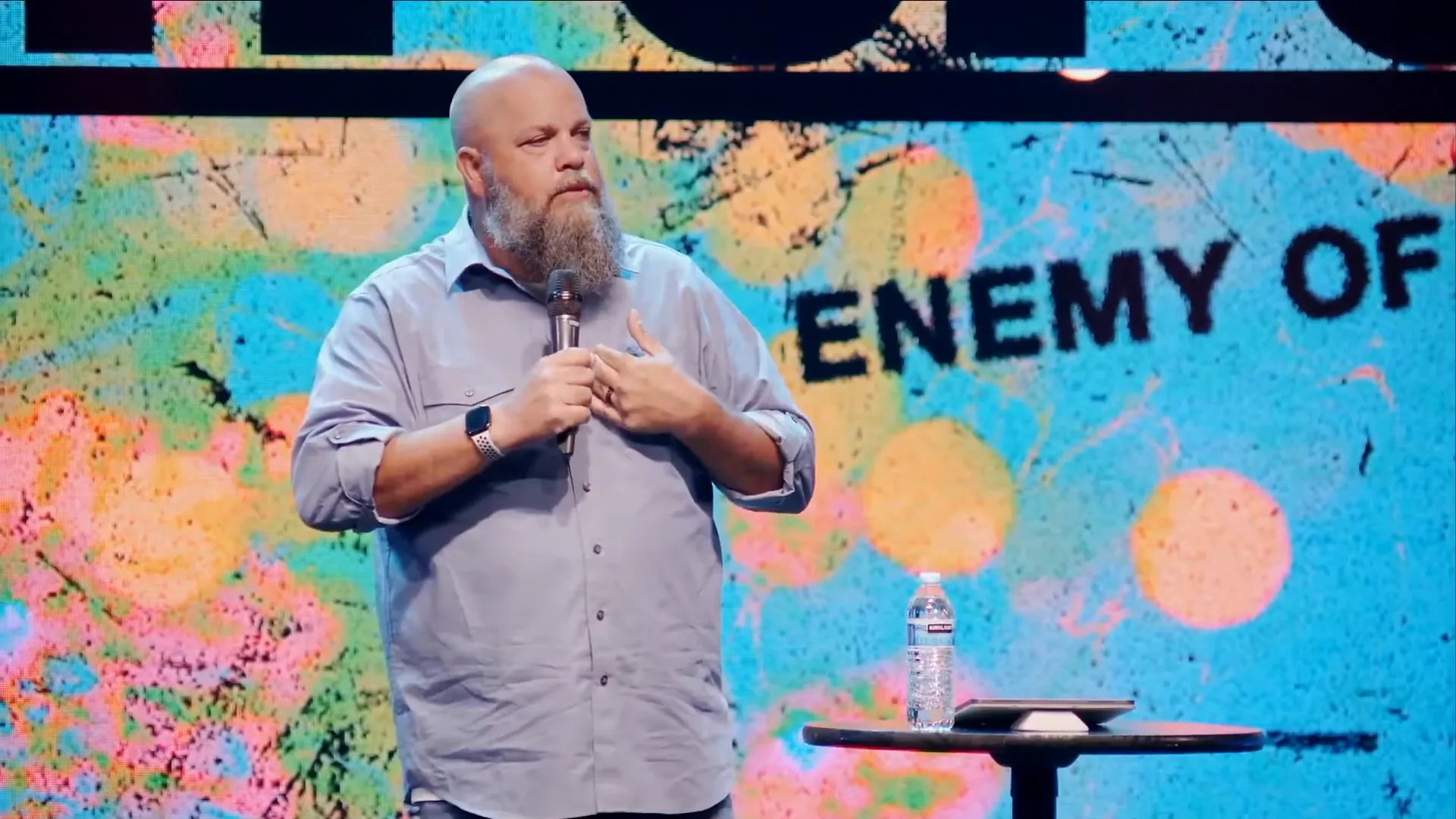
Recognizing the Cycle
For me, the cycle of worry often began with a small concern that snowballed into a full-blown anxiety attack. Missing school for a few days due to a stomach ache led me down a rabbit hole of worrying about my health and future. It was a vicious cycle that drained my energy and robbed me of joy.
The Turning Point
It wasn’t until I encountered specific scripture, like Philippians 4:6-7, that I began to understand the power of prayer over my worries. The words “Don’t worry about anything; instead, pray about everything” became an anchor for me. This shift in perspective allowed me to confront my fears and worries with faith instead of anxiety.
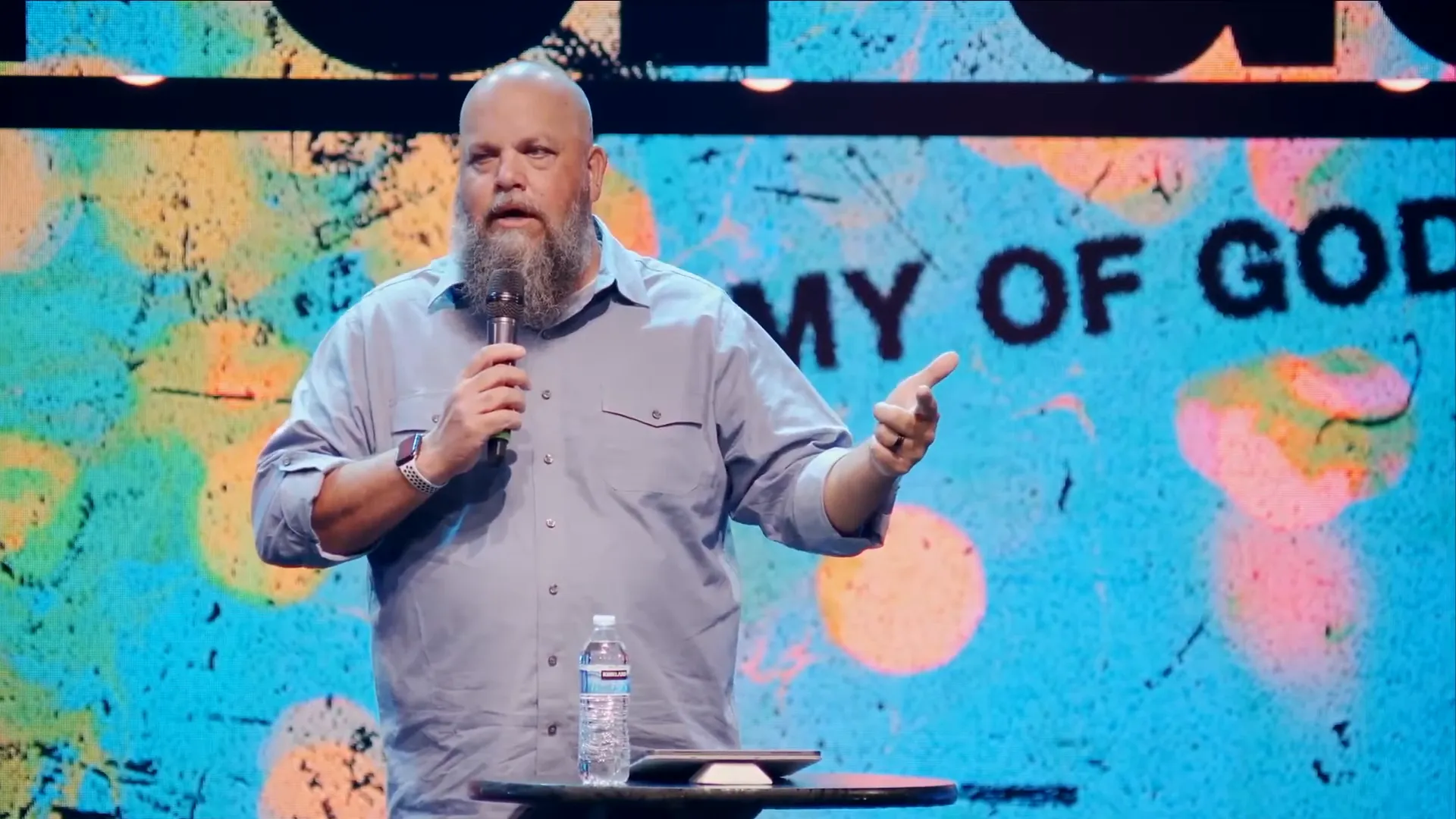
The Impact of Fear and Worry on Life
Fear and worry can have profound effects on our lives. They can prevent us from pursuing opportunities, hinder our relationships, and even affect our physical health. The energy spent on worrying is energy that could be used to create, connect, and grow.
Physical and Emotional Toll
Chronic worry can lead to stress-related health issues, including headaches, fatigue, and digestive problems. It can also contribute to mental health issues such as depression and anxiety disorders. The emotional toll is equally significant; constantly living in fear can lead to isolation and a lack of fulfillment.
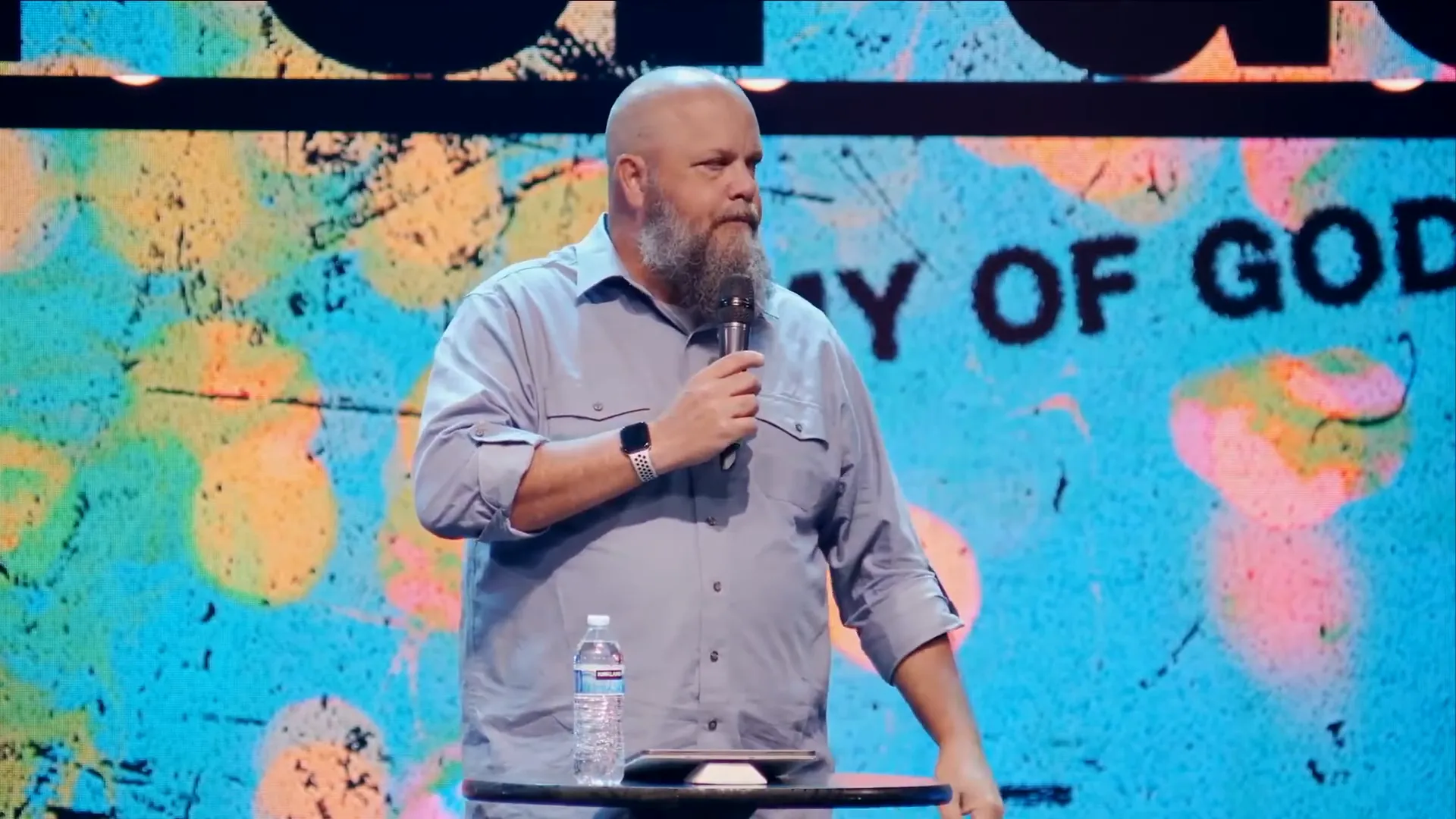
Stunting Personal Growth
When fear and worry dominate our thoughts, they can stifle our personal growth. We may avoid taking risks or stepping outside our comfort zones. This avoidance can lead to missed opportunities and a stagnant life, leaving us feeling unfulfilled and disconnected.
The Ripple Effect on Relationships
Fear and worry can also impact our relationships. When we are consumed by our concerns, we may withdraw from friends and family, creating distance in our connections. This isolation can exacerbate feelings of loneliness and despair, further entrenching us in our worries.
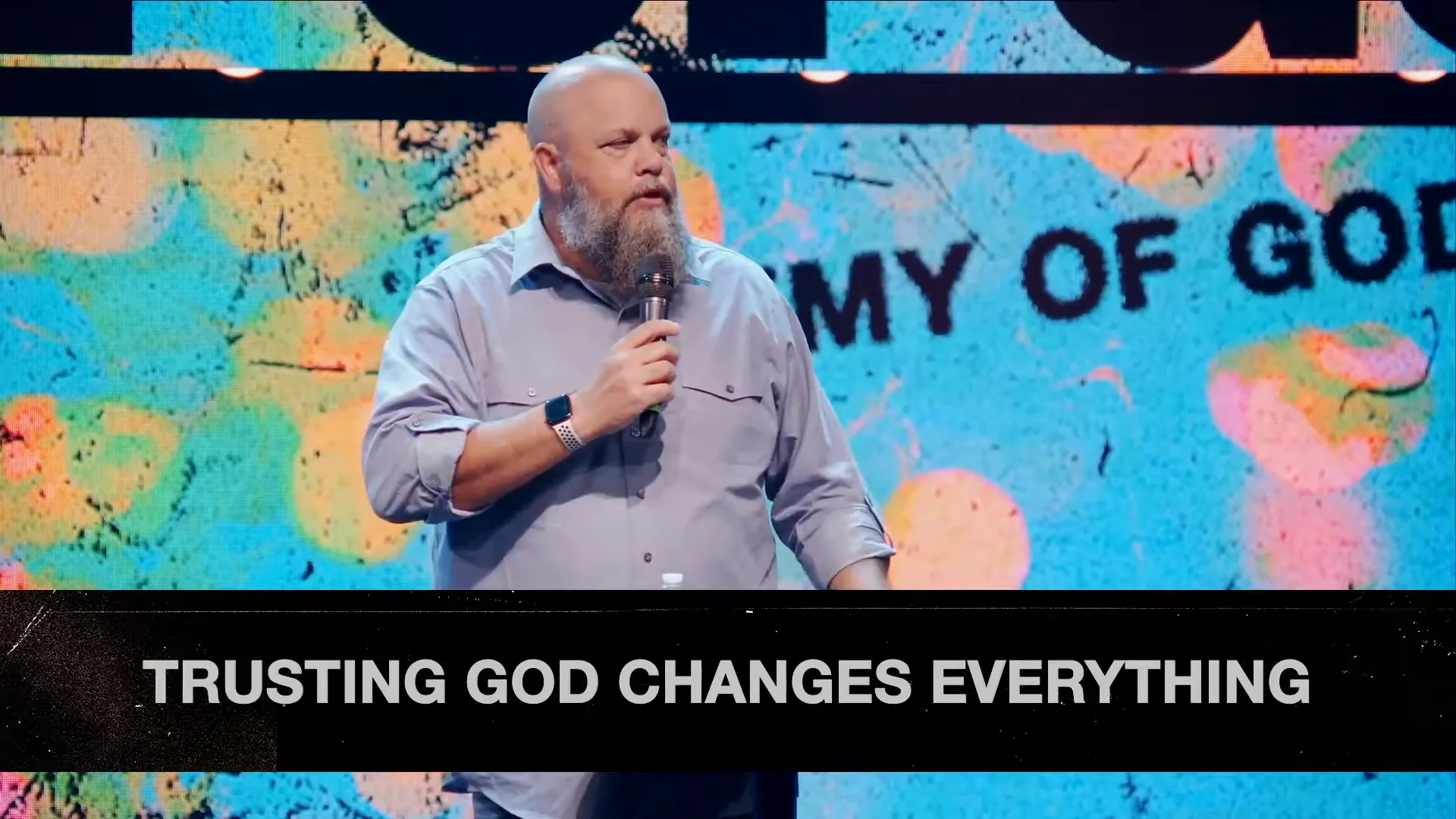
The Antidote: Trusting God
The antidote to fear and worry is simple yet profound: trusting God. This trust has the power to eliminate fear and obliterate worry. When we choose to place our faith in God, we acknowledge that we are not alone in our struggles.
Understanding Trust
Trusting God means believing that He has a plan for our lives, even when we cannot see it. It’s about surrendering our worries and fears to Him, knowing that He cares deeply for us. This act of faith can transform our perspective on our circumstances.
Scriptural Foundations of Trust
Throughout the Bible, we find numerous verses that encourage us to trust in God. The promises found in the scriptures remind us that He is in control. Verses like Proverbs 3:5-6 encourage us to lean not on our understanding but to trust in Him with all our hearts.
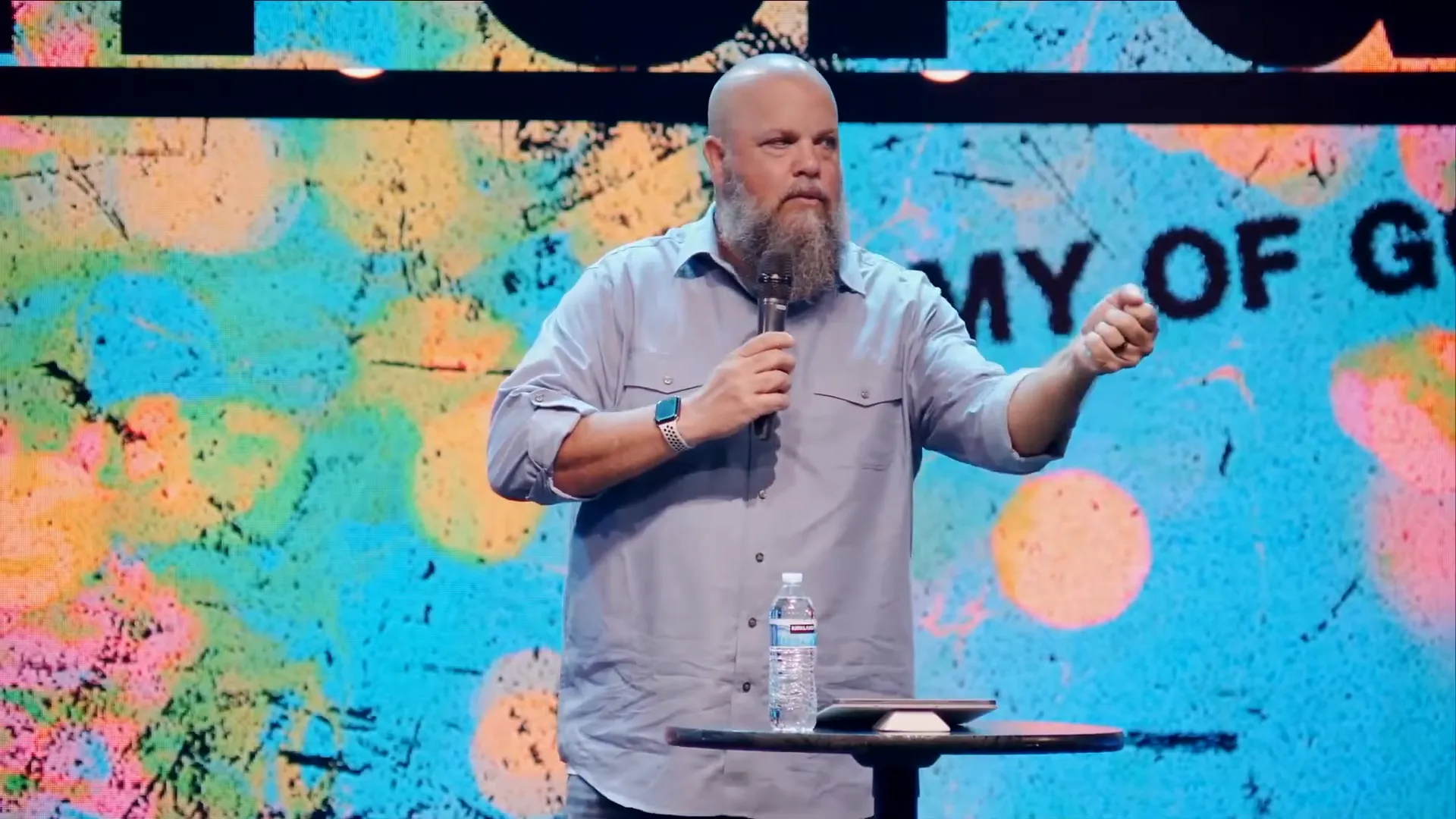
Practical Steps to Cultivate Trust
- Prayer: Regularly engage in prayer to communicate with God about your worries and fears.
- Scripture Reading: Immerse yourself in the Word to strengthen your faith and understanding of God’s promises.
- Community Support: Surround yourself with a community of faith that can encourage and support you in your journey of trust.
- Service to Others: Shift your focus from your worries by serving others, which can help put your concerns in perspective.
The Journey of Trust
Trusting God is a journey, not a destination. It requires continual effort and commitment. As we navigate life’s challenges, we can choose to trust God more deeply, allowing His peace to guard our hearts and minds against the onslaught of fear and worry.
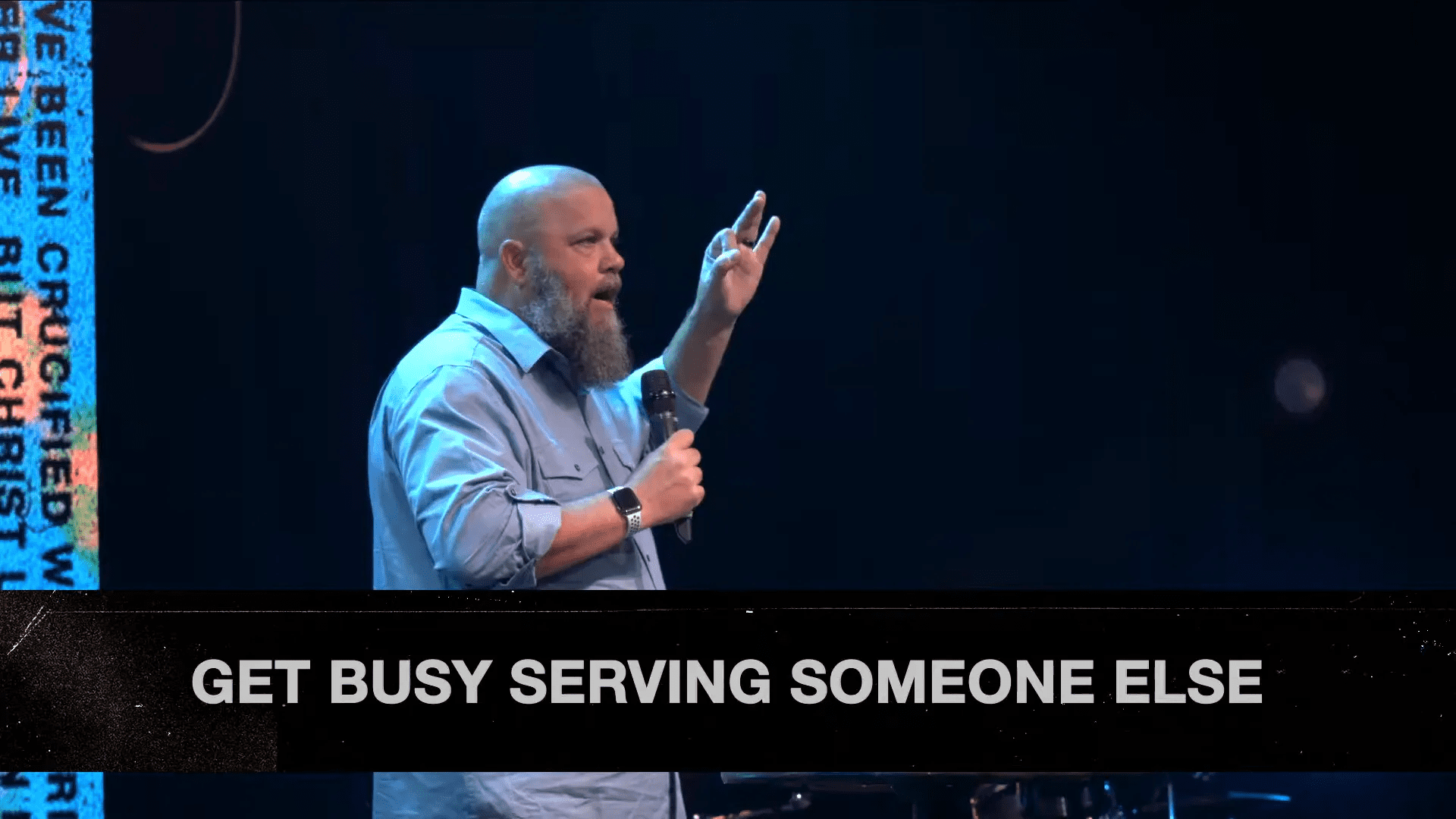
A Personal Story of Trust
Trusting God has been a journey that has shaped my life profoundly. One pivotal moment stands out. It was a time when my wife faced a health scare that sent me spiraling into worry. I remember feeling overwhelmed, consumed by fear, and unable to think clearly. My mind raced with thoughts of the worst-case scenarios, and I questioned everything.
Amid that chaos, I had a moment of clarity. A voice within me urged me to trust. This voice was gentle yet firm, reminding me that I was not alone. It was a turning point. I realized that trusting God was not just a passive act but a conscious choice I had to make daily. I had to let go of my need for control and place my faith in something greater than myself.
Facing Cancer and Finding Peace
When my wife was diagnosed with cancer, I felt the familiar grip of fear tightening around me. The uncertainty of the situation weighed heavily on my heart. Yet, through it all, I found a profound sense of peace that can only come from trusting God. Instead of succumbing to fear, I chose to lean into my faith.
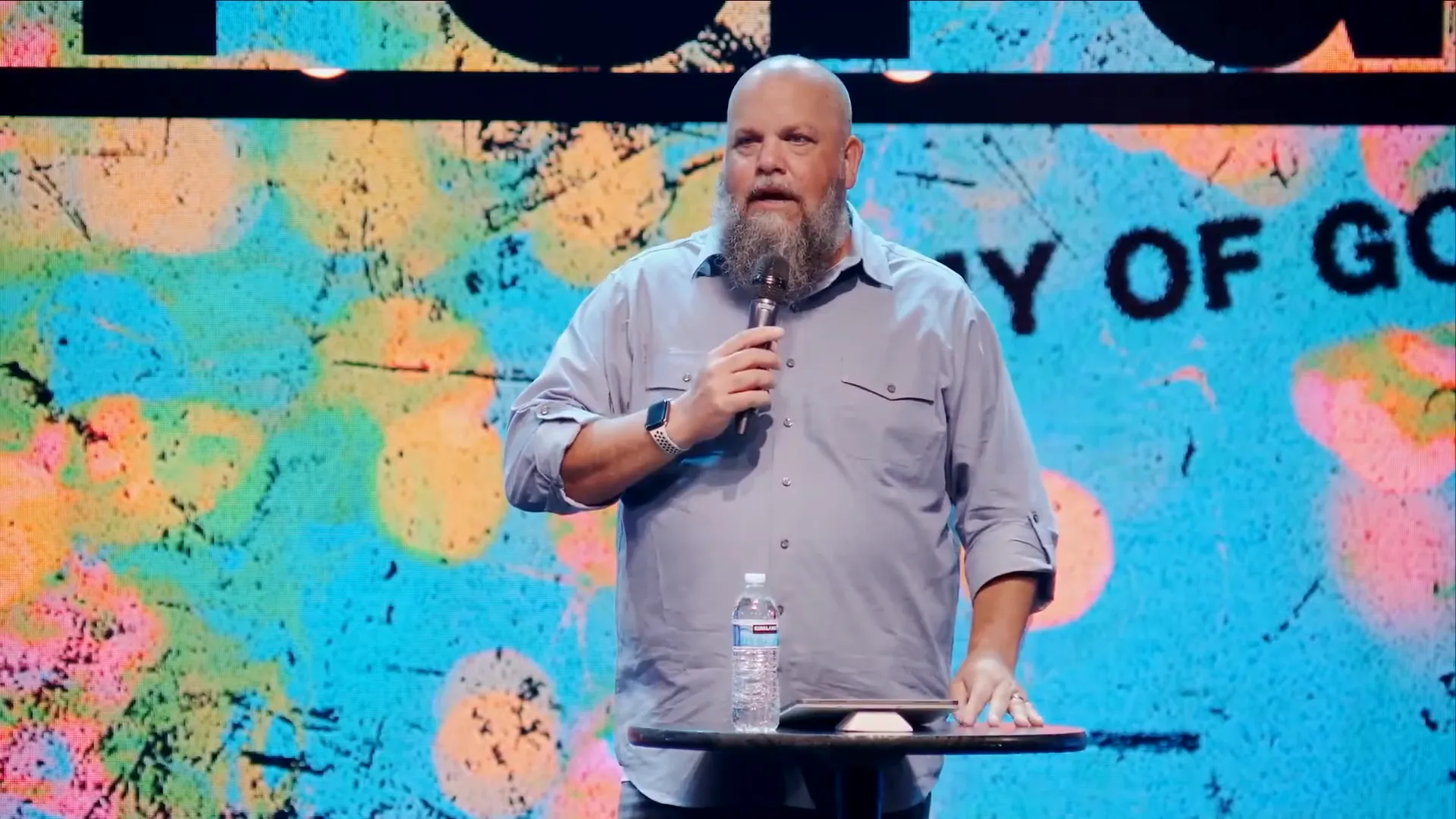
We faced numerous challenges during her treatment, but each step taught us the importance of relying on God’s promises. I learned that peace is not the absence of trouble but the presence of God in our lives. With every appointment and every piece of news, I reminded myself that God was with us. This assurance transformed our experience from one of dread to one of hope.
Lessons in Trusting God
- God is in Control: No matter how chaotic life may seem, God has a plan. Understanding this truth allowed me to release my worries and trust in His sovereignty.
- Faith Over Fear: Choosing faith over fear is a daily decision. Each time fear crept in, I consciously chose to reaffirm my trust in God’s goodness and faithfulness.
- The Power of Community: Surrounding myself with supportive friends and family who shared my faith provided strength during our toughest moments. They were a constant reminder that we were not alone.
- Prayer as a Lifeline: Prayer became my refuge. Pouring out my heart to God helped me process my fears and receive His peace in return.
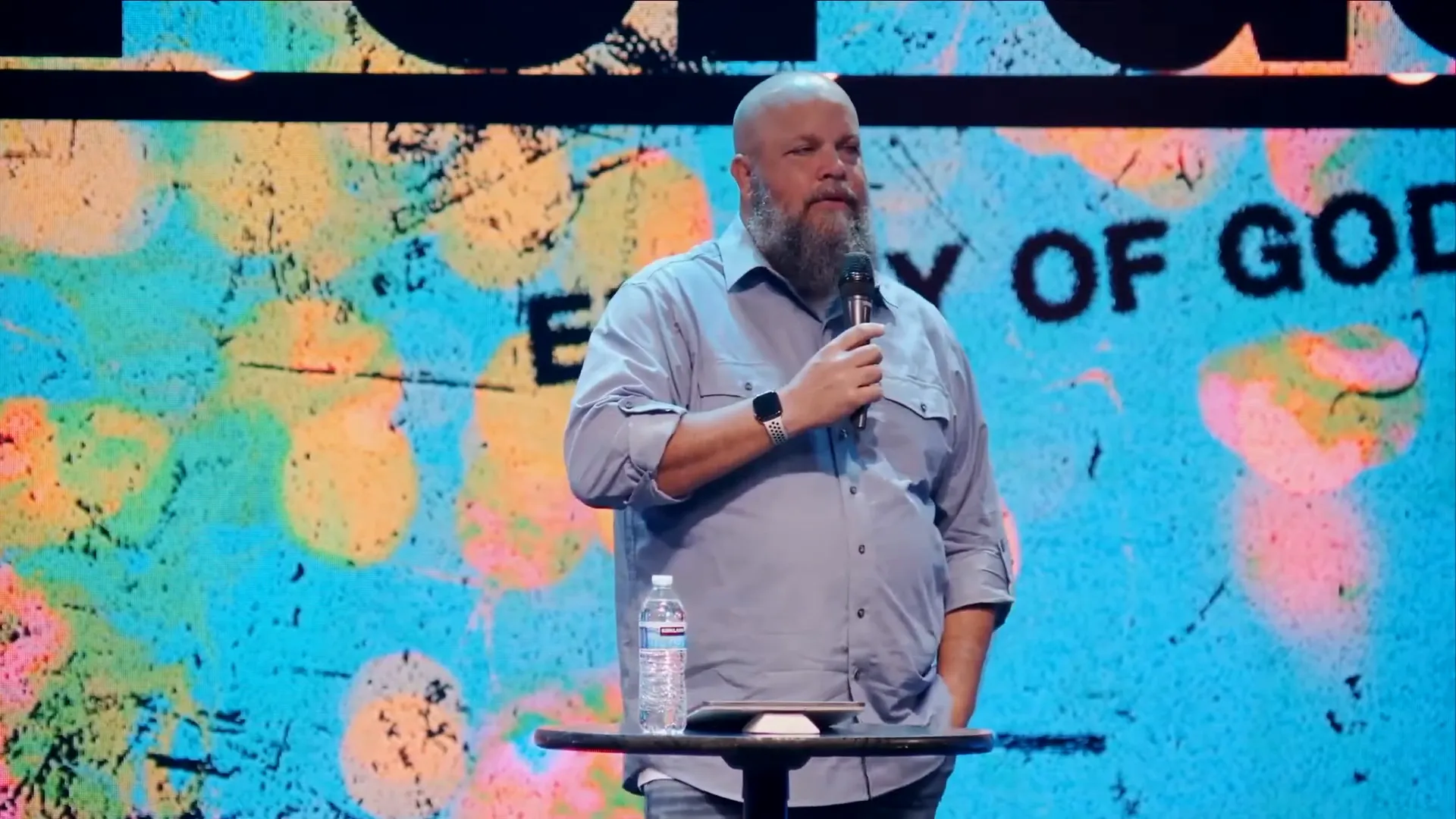
Practical Steps to Trust God
Trusting God is a journey that requires intentional steps. Here are some practical ways to cultivate trust in your life:
- Engage in Daily Prayer: Make prayer a regular part of your day. Talk to God about your worries, fears, and hopes. This communication strengthens your relationship with Him.
- Study Scripture: Dive into the Bible to discover God’s promises. Verses that speak of His faithfulness can provide comfort and encouragement during tough times.
- Seek Fellowship: Join a community of believers where you can share your struggles and victories. Engaging with others who trust God can inspire you on your journey.
- Practice Gratitude: Make it a habit to acknowledge the blessings in your life. Gratitude shifts your focus from what you lack to what you have, fostering a spirit of trust.
- Serve Others: Helping others in need can put your worries into perspective. Service allows you to live out your faith actively and reminds you of God’s provision.
Trusting God is not always easy, especially in the face of fear and uncertainty. However, it is a choice that can lead to profound peace and joy. By taking these practical steps, we can deepen our trust and experience the fullness of life that God intends for us.
